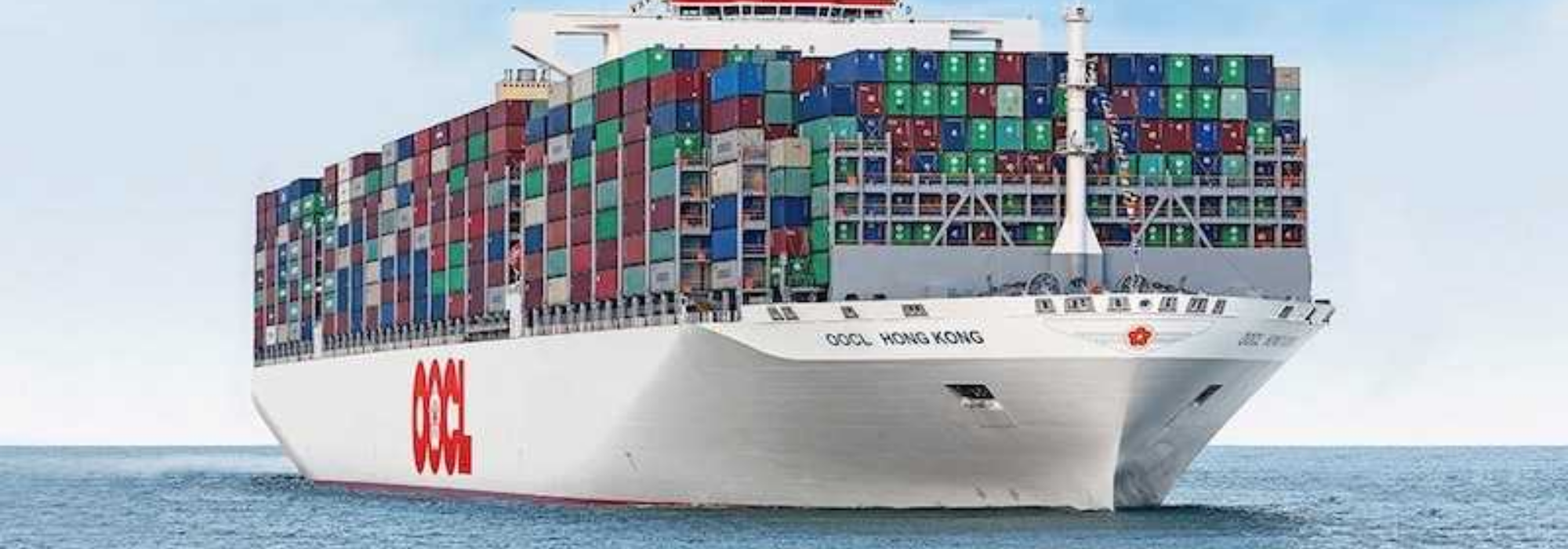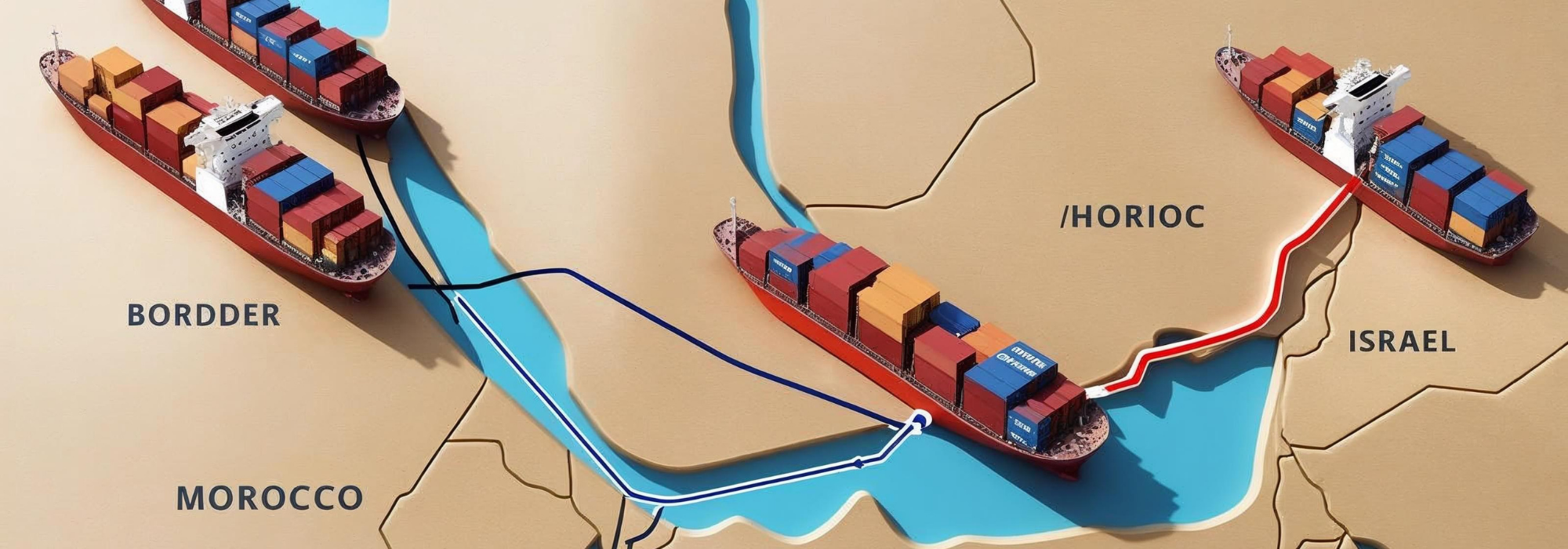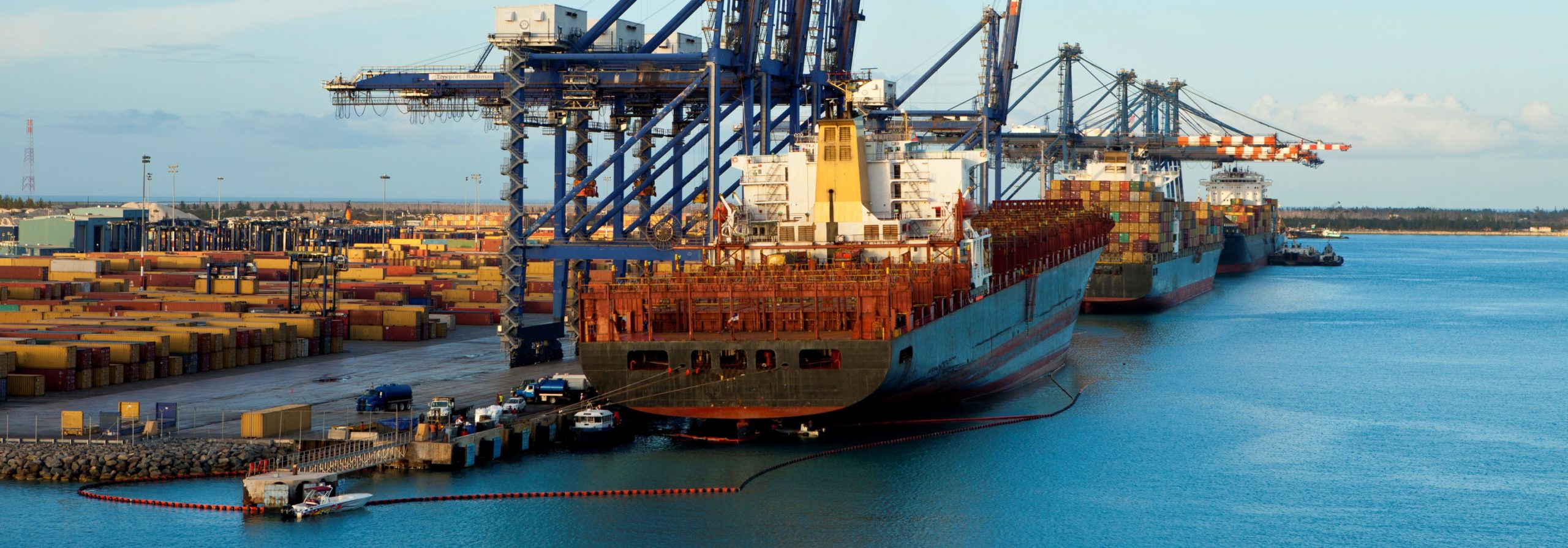
Services trade liberalised in 2021, showing significant decrease in volume and effects of new measures, OECD says
OECD Services Trade Restrictiveness Index (STRI): Policy trends up to 2022 shows that liberalisation outpaced new restrictions during the past year, as the erection of new barriers to services trade slowed across almost all major sectors covered.
The average cumulative increase in barriers across sectors covered by the Index (STRI) was six times lower in 2021 than in 2020, indicating a significant decrease both in the volume and effect of new trade restrictions.
Most trade liberalisation was identified in air transport services, commercial banking and computer services. Easing of regulations particularly affected services supplied through commercial presence in other markets, and through the temporary movement of people.
The annual report, which covers services trade regulations in 50 countries and 22 services sectors, representing more than 80% of global services exports, identifies top performers in terms of regulatory best practices and liberalisation, including the Czech Republic, Japan and Chile.
It also points out new measures that have created impediments to services trade, notably tighter conditions on the screening of foreign investment, which was already on the rise in 2020, and continued in 2021. Other regulatory changes were implemented in response to the COVID-19 pandemic, as governments implemented measures to protect public health and to mitigate the economic consequences. However, most COVID-19 policy measures have marginal bearing on the STRI database, as these are largely temporary or targetting support measures in sectors not covered by the STRI, such as health, protective equipment or essential goods.
The OECD points out that ambitious efforts to ease services trade barriers could yield substantial benefits in reducing trade costs for firms that provide services across borders, especially if the trends identified in 2021 continue in the years to come. On average across sectors, services trade costs could decline by 6% to 16% in the medium term if countries could close half of the regulatory gaps with best performers. An ambitious services trade agenda, including new services market access commitments in comprehensive trade and investment agreements, can drive such gains, the report said.
The trend towards market openness for services trade identified in the OECD’s annual monitoring exercise accompanies the landmark adoption of the WTO Reference Paper on Services Domestic Regulation at the end of 2021, demonstrating collective will to liberalise services trade. OECD analysis demonstrates that full implementation of the new WTO disciplines can unlock annual services trade cost savings in the range of USD 150 billion, with substantial benefits in financial services, business services, communications and transport services.
Open markets for services trade boost supply chain resilience, while lower services trade costs will facilitate recovery from the shock of the COVID-19 pandemic on exporters. Multilateral trade rules and open commitments on services can lock in these benefits and provide certainty to firms seeking to access foreign markets.
More related articles...


Customs Release Process- All The Essential Documentation For Importers
Any imported commercial product arriving in Israel is required to complete a customs release process. We recommend that you consult a suitable professional in order


An EU approach to enhance economic security
The European Commission and the High Representative today published a Joint Communication on a European Economic Security Strategy. This Joint Communication focuses on minimising risks


Wartime macroeconomics
A fresh supply shock stemming from the war in Ukraine will deal a blow to the economic recovery from COVID-19. The energy and food sectors


Services trade liberalised in 2021
OECD Services Trade Restrictiveness Index (STRI): Policy trends up to 2022 shows that liberalisation outpaced new restrictions during the past year, as the erection of new barriers


Economic and Social Impacts and Policy Implications of the War in Ukraine
The war Russia is waging in Ukraine is a humanitarian disaster. Beyond this, the economic damage is already being felt worldwide and risks becoming increasingly


International trade statistics: trends in fourth quarter 2021
https://www.unitedxp.co.il/wp-content/uploads/2022/03/יחדיו.mp4 Acceleration in merchandise trade bolsters recovery in G20 trade, but growth in services trade eases





















